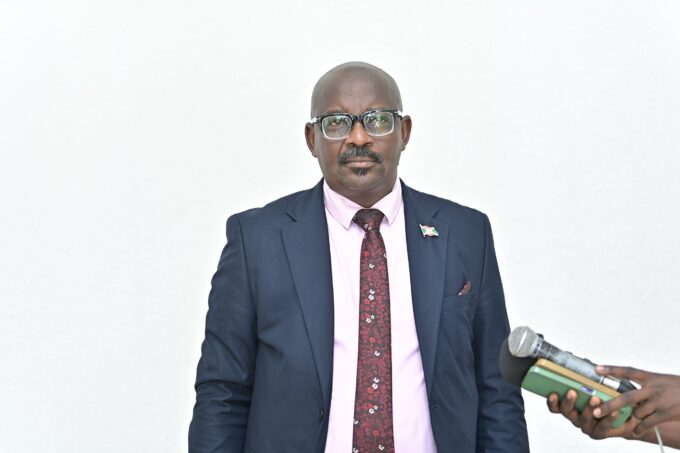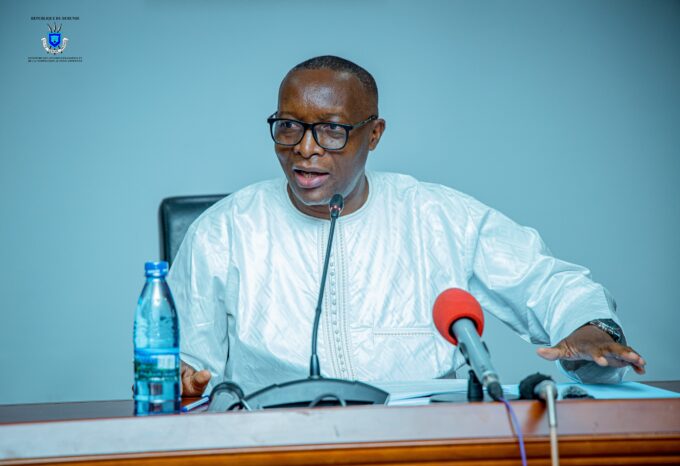In a move that marks the end of more than six decades of diplomatic presence, the Netherlands has announced it will close its embassy in Bujumbura, Burundi, as part of sweeping budget cuts and a broader reorganization of its foreign mission network.
The decision, confirmed in a letter from Dutch Foreign Minister to the House of Representatives dated April 17, comes as the Dutch government seeks to reduce spending by 10% across its diplomatic missions—amounting to approximately €70 million. The closure of the embassy in Burundi is one of seven confirmed mission shutdowns worldwide, including embassies in Cuba, South Sudan, Libya, and Myanmar, and consulates-general in Antwerp and Rio de Janeiro.
The Dutch government described the closures as part of a broader reassessment of its global diplomatic footprint in light of “a harsher and more turbulent” geopolitical environment. The Foreign Ministry emphasized the need for a “realistic foreign policy” that focuses more on national security, trade, and migration while acknowledging that these decisions are “painful, but necessary.”
The Dutch embassy in Burundi, first opened on July 4, 1962—shortly after the country’s independence—has been a cornerstone of bilateral relations. Over the years, the Netherlands became one of Burundi’s key development partners, especially in the areas of good governance, peacebuilding, education, water and food security, and reproductive health.
In a message reportedly addressed to Dutch nationals residing in Burundi — widely shared on social media and confirmed as authentic by individuals close to Dutch citizens working in the country — Ambassador Lianne Houben acknowledged the cabinet’s decision and the emotional weight it carries. “Unfortunately, the intention is that the embassy in Burundi will be one of the embassies to be closed in the foreseeable future,” she said, adding, “The cabinet’s decision to close embassies is an exceptional and difficult one that affects us all deeply.”
Ambassador Houben assured citizens that the Netherlands will maintain diplomatic ties with Burundi, but these relations will, in the future, be managed from another embassy in the region—most likely from Nairobi, Kenya. She added that the closure would be phased out gradually over one to three years, with efforts underway to ensure an “orderly and transparent” transition.
“As an embassy team, we work hard and enthusiastically, together with our partners, on themes such as food security, good governance, youth employment, and access to reproductive rights and health,” Houben said. “We will continue to commit ourselves to Burundi and its people until current projects have ended or have been handed over to other partners.”
The Netherlands’ withdrawal from Burundi reflects a broader reorientation in Dutch foreign policy. The government’s focus is shifting toward what it describes as a “realistic foreign policy,” prioritizing trade, security, and migration. The Great Lakes region, including Burundi, is no longer a central focus in the new strategic outlook.
Despite the looming shutdown, Dutch officials have emphasized that consular support and developmental cooperation will not cease overnight. Citizens with questions or concerns have been directed to contact the embassy’s official email, as details about the timeline and logistics of the closure are still being determined.
Burundi now joins a growing list of African nations seeing reduced Western diplomatic footprints. The Dutch decision follows recent reports that the U.S. government is also considering closing or reducing operations in nearly 30 diplomatic missions, including several in Africa, under a restructuring plan backed by the Department of Government Efficiency.








Leave a comment